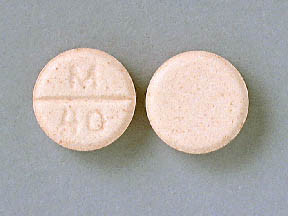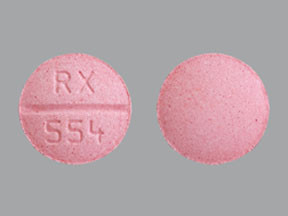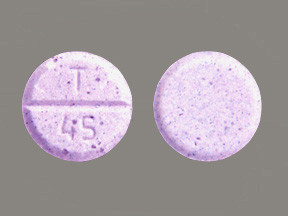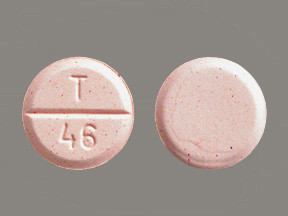CLORAZEPATE - ORAL
PHONETIC PRONUNCIATION: (klor-AZ-e-pate)
COMMON BRAND NAME(S): Tranxene
GENERIC NAME(S): clorazepate dipotassium
Uses
USES: Clorazepate is used to treat anxiety, acute alcohol withdrawal, and seizures. This medication belongs to a class of drugs called benzodiazepines which act on the brain and nerves (central nervous system) to produce a calming effect. It works by enhancing the effects of a certain natural chemical in the body (GABA).
How to use CLORAZEPATE - ORAL
HOW TO USE: Read the Medication Guide provided by your pharmacist before you start taking clorazepate and each time you get a refill. If you have any questions, ask your doctor or pharmacist. Take this medication by mouth as directed by your doctor. The dosage is based on your age, medical condition, and response to therapy. Use this medication exactly as prescribed. Do not increase your dose, take it more frequently or use it for a longer period of time than prescribed because this drug can be habit-forming. Also, if used for an extended period of time or for seizure control, do not suddenly stop using this drug without your doctor's approval. Some conditions may become worse when the drug is abruptly stopped. Your dose may need to be gradually decreased. When used for an extended period, this medication may not work as well and may require different dosing. Talk with your doctor if this medication stops working well.
Side Effects
Precautions
Interactions
Overdose
Images
Reviews
Faq for CLORAZEPATE - ORAL
Clorazepate is a medication that belongs to the class of drugs known as benzodiazepines. It is primarily used to treat anxiety disorders and helps in reducing the symptoms of anxiety.
Clorazepate works by increasing the effects of a natural chemical in the body called gamma-aminobutyric acid (GABA). GABA helps to calm the brain and nerves, which reduces anxiety and promotes relaxation.
Common side effects of clorazepate may include drowsiness, dizziness, headache, blurred vision, nausea, and constipation. These side effects are usually mild and go away on their own with time.
Clorazepate has the potential to be habit-forming and can lead to physical and psychological dependence. Therefore, it should be used only as prescribed and for the shortest duration possible.
Clorazepate is primarily used for anxiety disorders but can also be used to manage alcohol withdrawal symptoms, muscle spasms, and certain types of seizures. However, the use should be determined by a healthcare professional.
Clorazepate may cause drowsiness and impair your thinking or reactions, so it is important to avoid activities that require alertness until you know how the medication affects you. It is also necessary to avoid alcohol and certain medications that can interact with clorazepate.
The use of clorazepate during pregnancy is generally not recommended as it may harm the unborn baby. Additionally, it can pass into breast milk and may have harmful effects on a nursing infant. Consult with your healthcare provider before using this medication.
Clorazepate should be taken exactly as prescribed by your doctor. It is usually taken 2-4 times daily with or without food. Follow the instructions provided on the prescription label and do not increase or decrease the dose without consulting your doctor.
If you miss a dose, take it as soon as you remember. However, if it is close to the time of the next dose, skip the missed dose and resume your regular dosing schedule. Do not take a double dose to make up for a missed one.
Warning
WARNING: Taking clorazepate with opioid medications (such as codeine, hydrocodone) may increase your risk of very serious side effects, including death. To lower your risk, your doctor should have you take the smallest dose of clorazepate that works, and take it for the shortest possible time. Get medical help right away if any of these very serious side effects occur: slow/shallow breathing, unusual lightheadedness, severe drowsiness/dizziness, difficulty waking up.
Disclaimer
IMPORTANT: HOW TO USE THIS INFORMATION: This is a summary and does NOT have all possible information about this product. This information does not assure that this product is safe, effective, or appropriate for you. This information is not individual medical advice and does not substitute for the advice of your health care professional. Always ask your health care professional for complete information about this product and your specific health needs.




No Reviews Yet